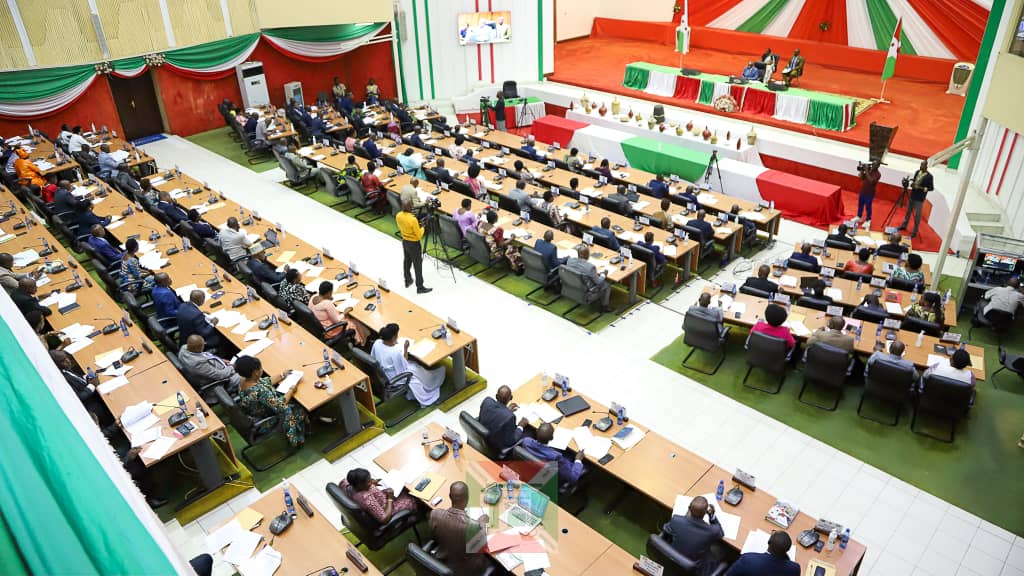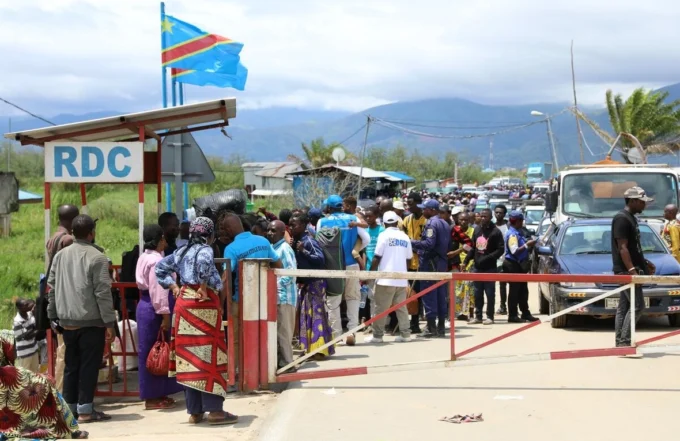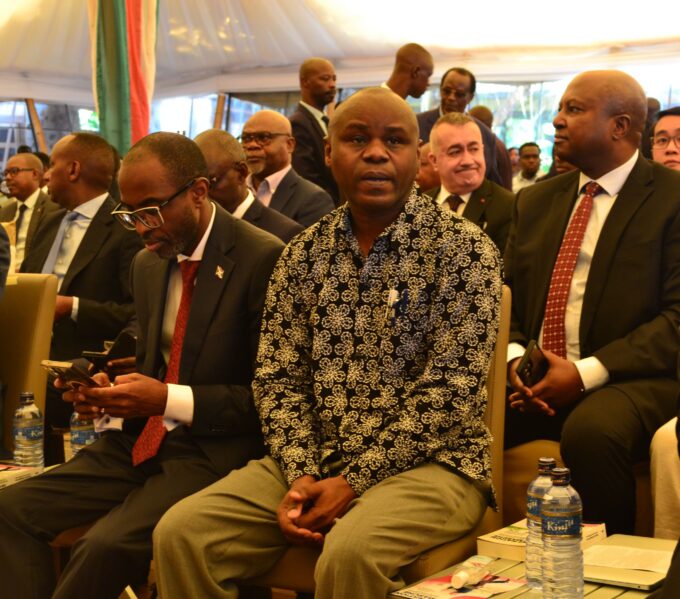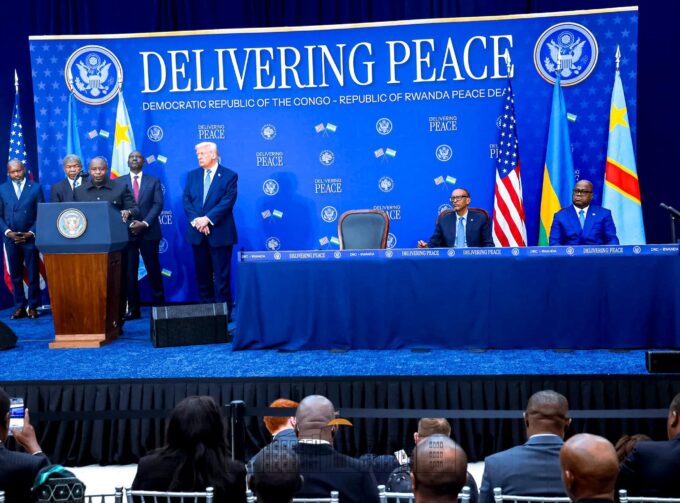As Burundi’s newly elected National Assembly convened this week for the 2025–2030 legislative term, legal and governance experts have raised alarms over what they describe as a constitutional violation.
Among the 111 Members of Parliament (MPs), three sitting ministers have taken their seats as deputies while still holding executive positions. The ministers include Martin Niteretse, Minister of Interior, Public Security and Community Development; Gervais Abayeho, Minister of East African Community Affairs, Youth, Sports and Culture; and Alain Tribert Mutabazi, Minister of National Defense and Veterans. All three were elected in the Butanyerera constituency.
Diomède Ninteretse, an expert in leadership and organizational management, says this situation breaches the principle of incompatibility enshrined in the Burundian Constitution.
“There is a fundamental incompatibility between serving as a legislator and simultaneously holding an executive role as a minister. In every democracy, there must be a clear separation between legislative and executive functions,” Ninteretse told local media on Tuesday.
He warned that allowing ministers to sit in the National Assembly while retaining their ministerial portfolios undermines democratic governance and could erode public trust in state institutions.
“This dual role raises serious concerns that must be urgently addressed by political authorities, particularly the President of the Republic and the Constitutional Court,” he added.
The Constitution of Burundi, in effect since June 7, 2018, clearly stipulates in Article 157:
“The mandate of a deputy or senator is incompatible with any other public office. An organic law may exempt certain categories of local elected officials or state agents from this incompatibility.”
The Senate, which is scheduled to hold its first session on August 4, will also face a similar issue. Several ministers who remain in office are expected to take seats as senators, including Prime Minister Gervais Ndirakobuca and Léocadie Ndacayisaba, Minister of Telecommunications and Media—both elected in the Bujumbura constituency—as well as Imelde Sabushimike, Minister of Social Affairs, who has been co-opted as a senator representing the Twa ethnic group.
Ninteretse warns that this overlap threatens the institutional balance and calls for swift corrective measures:
“I believe this is a mistake that needs to be corrected very quickly to prevent negative consequences,” he said.
The political leadership and the Constitutional Court have yet to issue an official response to these concerns.








Leave a comment